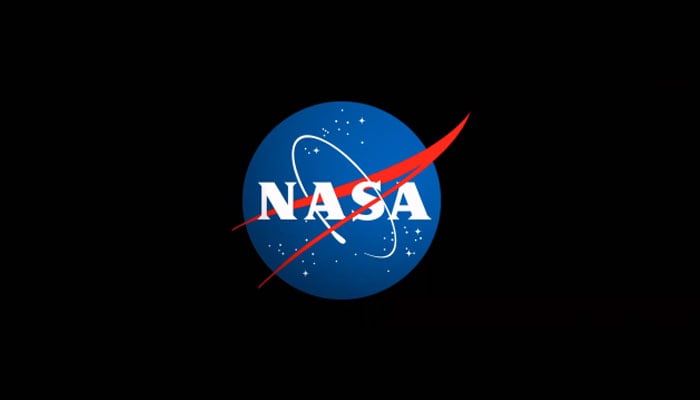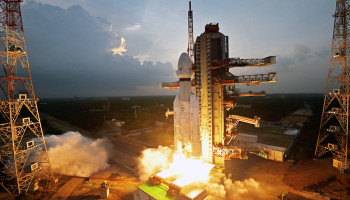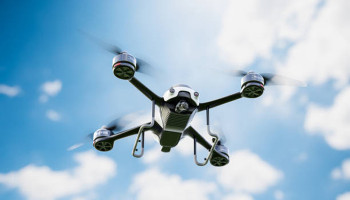
Get ready for a celestial light show unlike any other! On April 8, a giant solar eclipse will blanket North America in shadow, and National Aeronautics and Space Administration's (NASA) throwing a rocket party to add to the excitement.
Three rockets are set to launch towards the moon's shadow, on a mission to study a quirky part of our atmosphere – the ionosphere. This high-altitude zone acts like a giant invisible trampoline, bouncing radio signals around the globe and keeping our phones, GPS, and internet connections humming.
The goal? To see how this atmospheric layer reacts to the sudden darkness of the eclipse. By launching rockets at key moments — before, during, and after the eclipse — scientists hope to gather intel on how the ionosphere behaves when sunlight dips.
It should be noted that the total solar eclipse will be visible in North America, across 15 United States (US) states, as well as Canada and Mexico.
The sounding rockets will be launched with intervals from the space agency's Wallops Flight Facility in Virginia, where 81% of the sun will be blocked.
The first one will be fired 45 minutes before the start time of the solar eclipse, another rocket in the middle hours and the last one will be sent 45 minutes before end time.
Sounding rockets are rockets that carry scientific instruments and are fired for educational purposes.
It's kind of like giving Earth's atmosphere a pop quiz! Understanding these reactions will help us predict future changes in the ionosphere, ensuring our communication channels stay smooth sailing. So, mark your calendars for April 8th, look up for the eclipse, and maybe you'll even catch a glimpse of NASA's rocket trio on their scientific adventure!
















